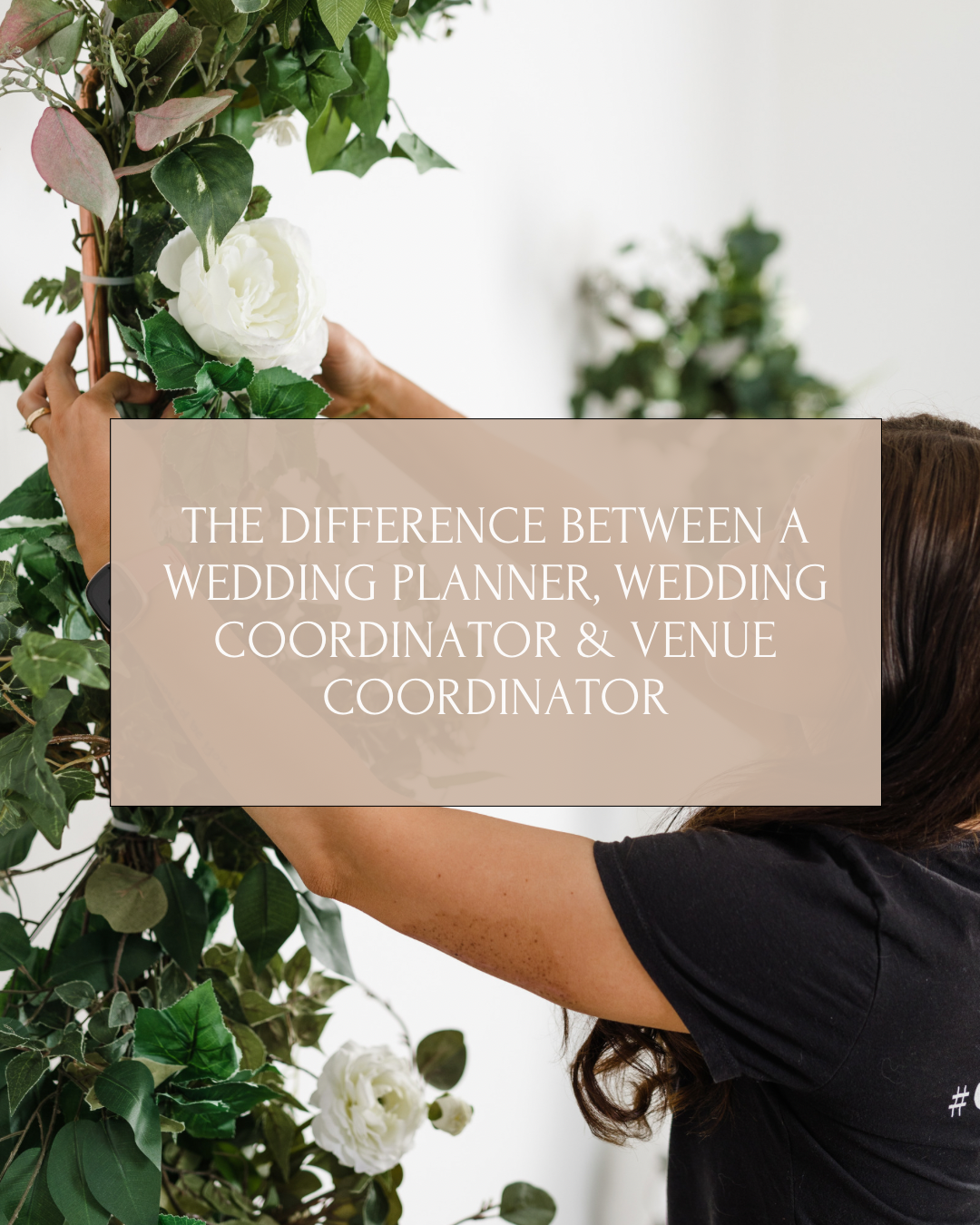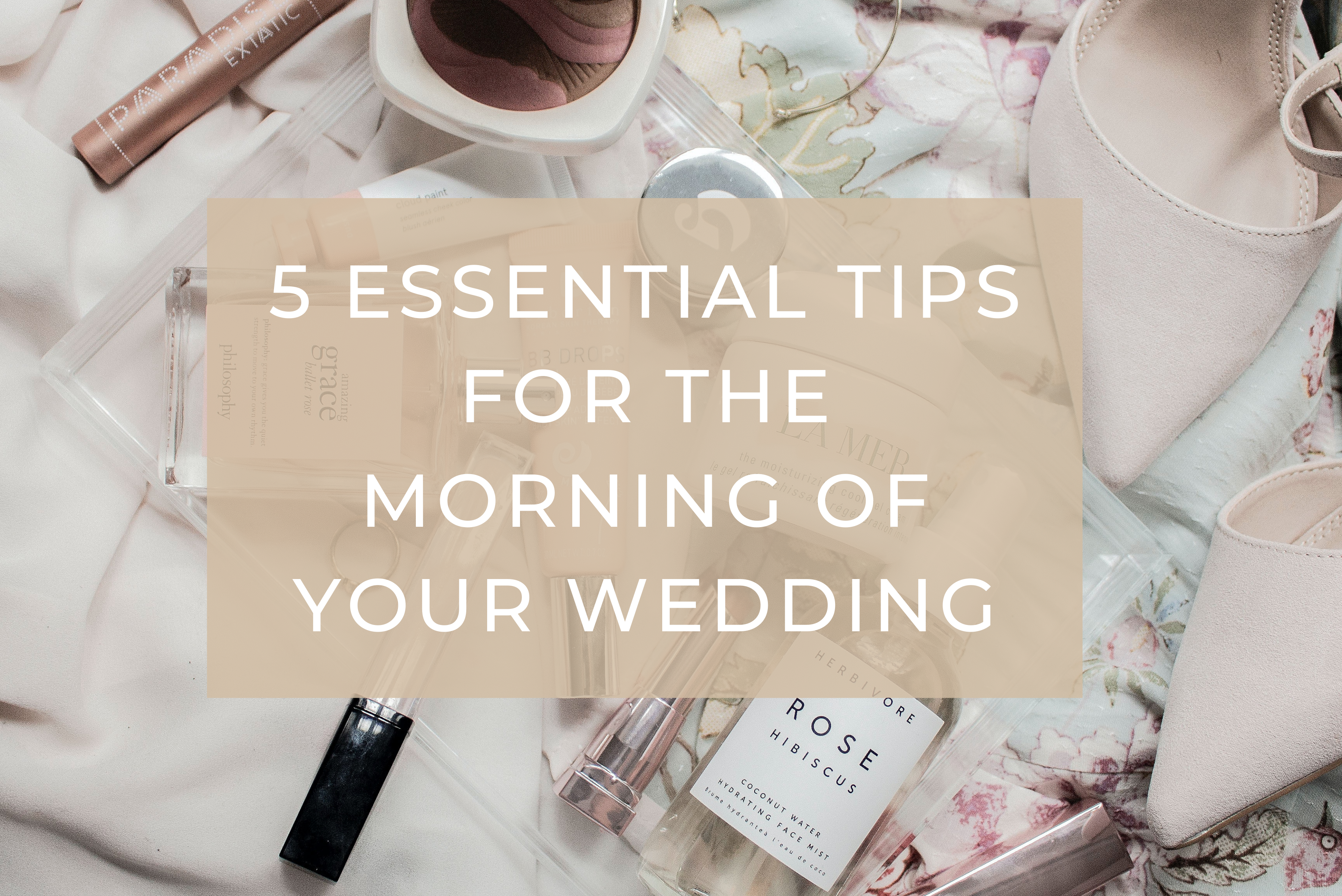A Guide to Popular and Easy-to-Work-With Wedding Florals
When it comes to wedding planning, few elements are as visually impactful as the floral
arrangements. From bouquets to centerpieces, flowers add a touch of elegance, romance,
and personality to any wedding celebration. With a plethora of floral options
available, choosing the right blooms can be overwhelming. To help simplify the process,
we compiled a list of popular wedding florals that are not only stunning but also easy to
work with, ensuring that your floral arrangements are as beautiful as they are stress-free.
- Roses: Roses are timeless, elegant, and versatile, making them one of the most
popular choices for wedding florals. Available in a variety of colors, sizes, and
shapes, roses can be incorporated into bouquets, centerpieces, boutonnieres, and
even hair accessories. Their sturdy stems and classic beauty make them easy to
work with, whether you arrange them yourself or working with a florist.
- Peonies: Known for their lush, full blooms and delicate fragrance, peonies are a
favorite among brides for their romantic and feminine appeal. While they are more
expensive than some other flowers, their large size means you need fewer stems to
create a stunning arrangement. Peonies are easy to work with due to their sturdy
stems and long vase life, making them a popular choice for bouquets and
centerpieces.
- Hydrangeas: Hydrangeas are beloved for their voluminous blooms and ability to fill
out arrangements with ease. Available in a range of colors, from soft pastels to
vibrant blues and purples, hydrangeas can add a pop of color and texture to any
floral arrangement. Their large, sturdy heads make them a great choice for
centerpieces, while their versatility allows them to be used in bouquets and other
decorative elements.

- Baby's Breath: Baby's breath, also known as gypsophila, is a delicate, airy flower that
is often used as a filler in floral arrangements. While it may seem simple, baby's
breath can add texture and volume to bouquets and centerpieces, creating a soft,
romantic look. Its small, clustered blooms make it easy to incorporate into
arrangements, and its neutral white color complements a variety of other flowers.
- Carnations: Often overlooked, carnations are a budget-friendly option that offers
versatility and durability. Available in a wide range of colors, carnations can be used
to create bold, monochromatic arrangements or mixed with other flowers for a more
eclectic look. Their sturdy stems and long vase life make them a practical choice for
bouquets and centerpieces, and their ruffled petals add texture and visual interest to
any arrangement.
- Dahlias: Dahlias are prized for their intricate, starburst-like blooms and vibrant colors.
While they may require a bit more care and attention than some other flowers, their
striking appearance makes them well worth the effort. Dahlias are available in a
variety of sizes and colors, making them a versatile choice for bouquets,
centerpieces, and other floral arrangements.
- Greenery: While not technically a flower, greenery such as eucalyptus, ferns, and ivy
are popular choices for adding texture, depth, and a natural element to wedding
florals. Greenery can be used on its own for a simple, rustic look or mixed with
flowers to add volume and interest to arrangements. Its flexibility and ease of use
make it a favorite among DIY brides and professional florists alike.
When choosing your wedding florals, it is important to consider both aesthetics and
practicality. By opting for flowers that are easy to work with, you can ensure that
your floral arrangements are not only beautiful but less of a headache. Getting into
contact with a florist is also helpful as they can steer you in the right direction so that you
get exactly what you want without the hassle.

 By
By


